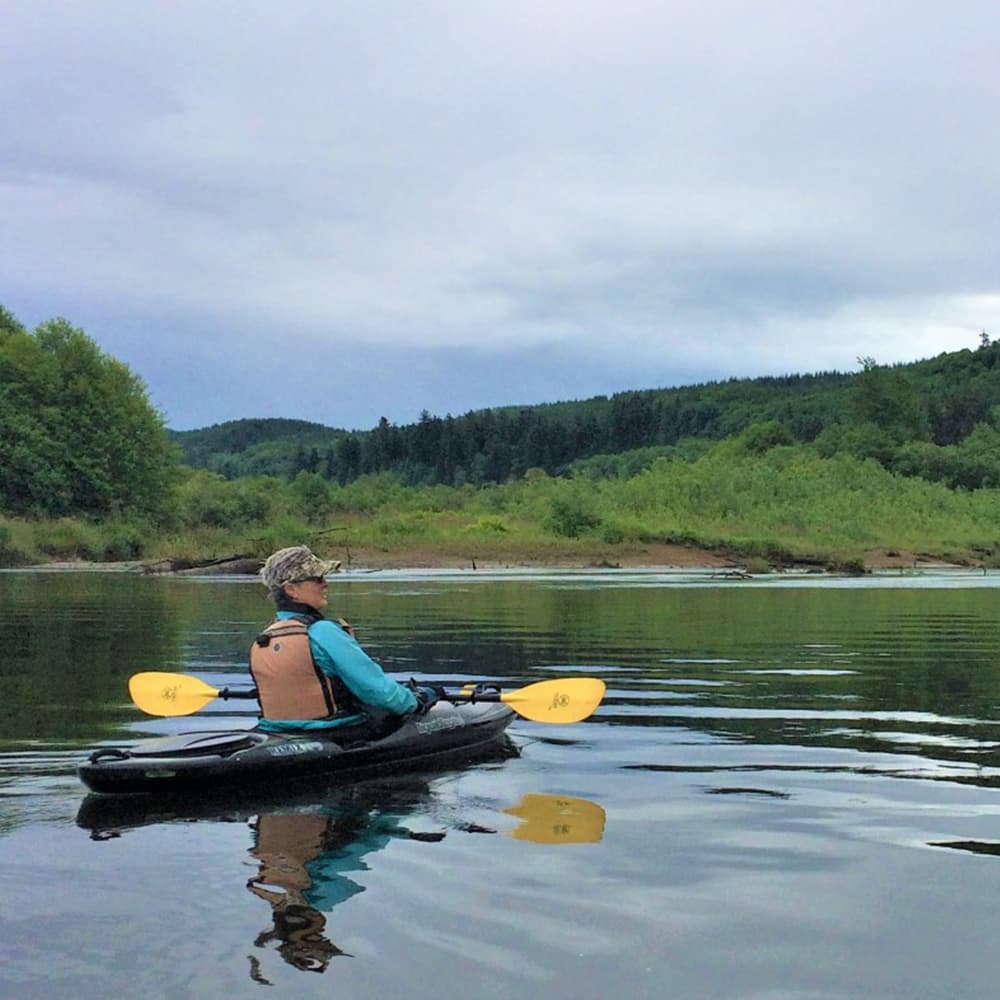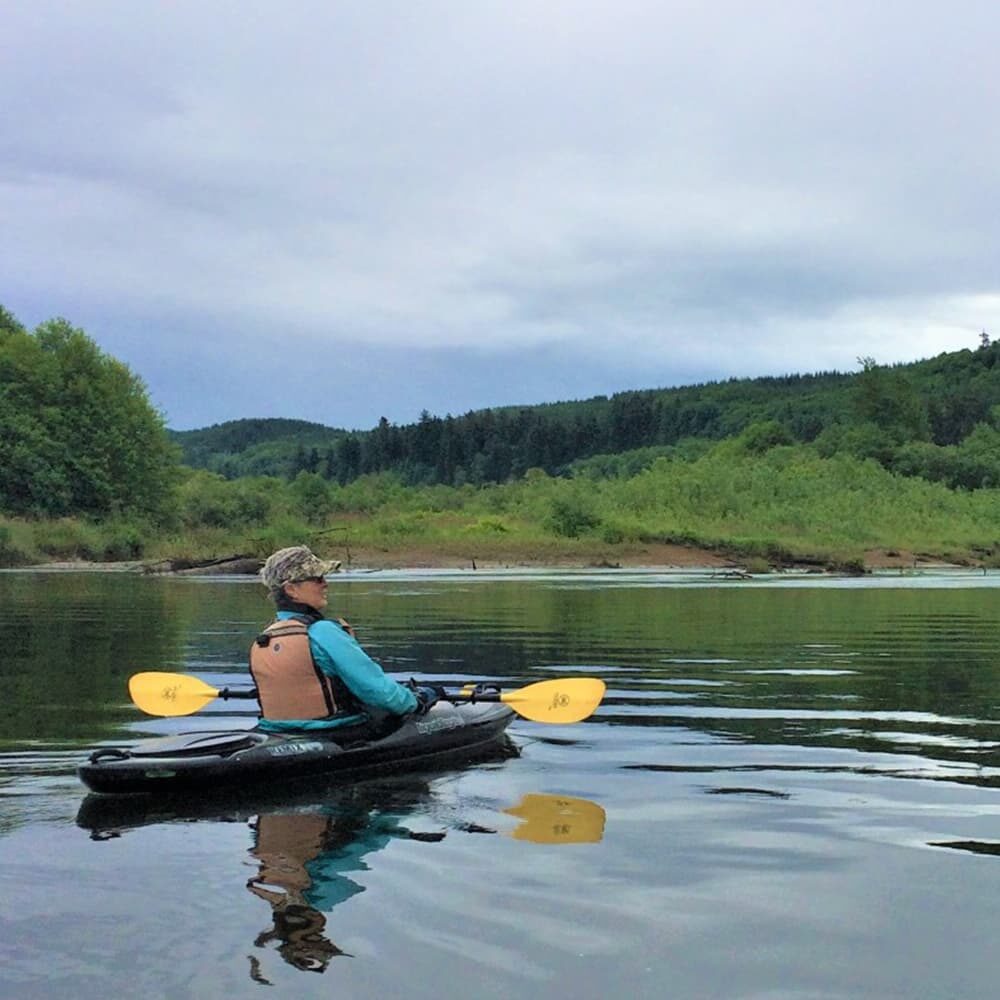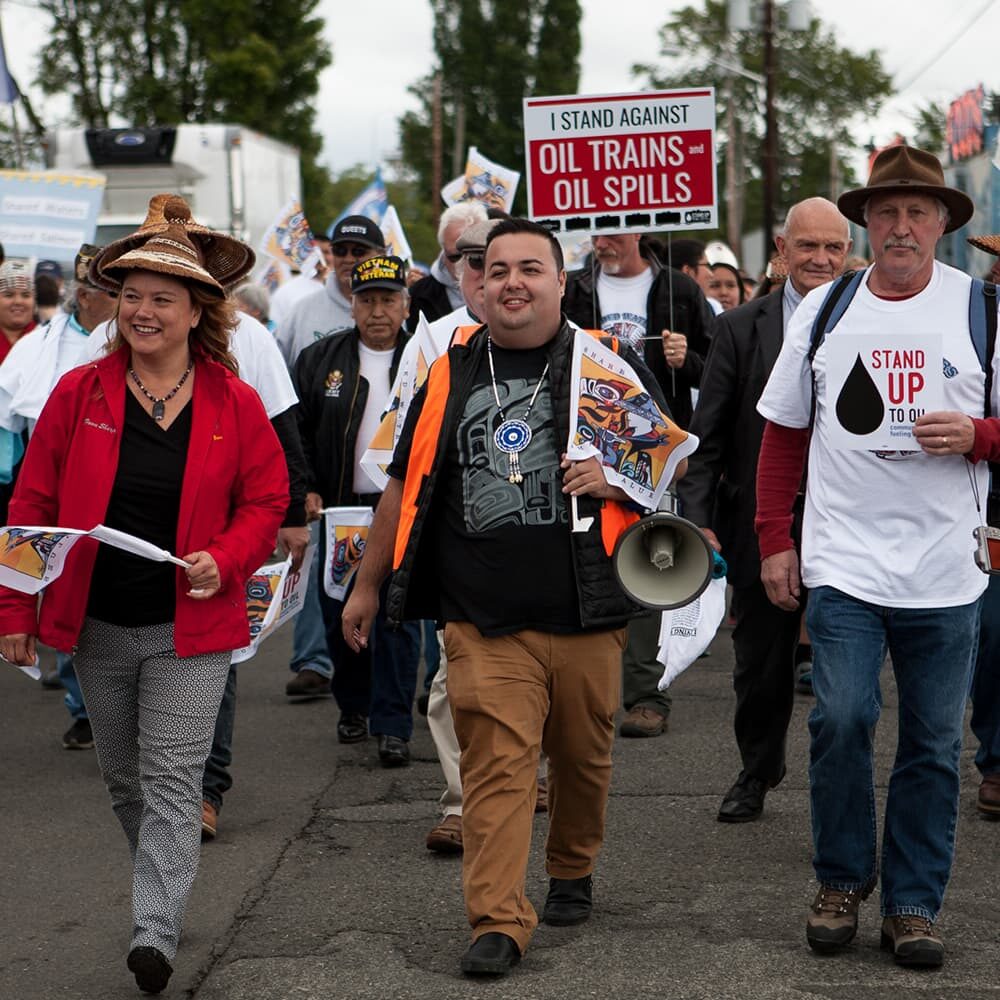Grays Harbor/Chehalis River Watershed
The Grays Harbor/Chehalis River Watershed Fund supports community-based organizations dedicated to protecting and restoring the watershed, and honoring its historical uses by preserving fish and wildlife so that the Chehalis River Basin will be healthy and productive in perpetuity.
The Fund was created by the Washington-based Waste Action Project and is funded through settlements of legal actions as part of Waste Action Project’s Clean Water Act enforcement program. Waste Action Project’s goal in enforcing federal water quality law is to achieve negotiated settlements that bring polluters into compliance with the law – thus leading to cleaner and healthier water bodies and fisheries.
The Rose Foundation for Communities and the Environment welcomes proposals from small grassroots conservation and environmental justice groups, but if your organization is really new or very small we urge you to consider applying to our Pacific Northwest Grassroots Fund instead.
Fund Details
Maximum Funding Request:
Up to $40,000
Important Dates:
June 1, 2024 - Applications Due
August, 2024 - Grant Awards Announced
Let’s Connect:
Have questions or want to book a consultation? Connect with Timothy Bell at tbell@rosefdn.org.
Eligibility and Priorities
- The applicant must be a 501(c)3 organization, fiscally sponsored by a 501(c)3, or a governmental or tribal entity. Nonprofit colleges, universities, university clinics and graduate programs are eligible to apply, but university overhead is limited to 5% of grant award.
- The applicant must demonstrate the capacity to complete the proposed project, including experience in successfully conducting similar or otherwise related work in the past.
- Applicants must be locally based in the Grays Harbor/ Chehalis River Watershed
- Projects designed to improve (or prevent degradation of) the water quality of the Grays Harbor Estuary and the Chehalis River Watershed
- Project activities include water stewardship, conservation, outreach and education, restoration, and watershed protection.
- Project proposals with strong community involvement and participation are especially encouraged.
- The Rose Foundation has a strong preference towards supporting locally-based, community-led projects. If your organization is statewide or national in scope, or has a large multi-million-dollar budget, we encourage you to partner with a locally-based group in your proposal.
- Applications from environmental justice-oriented organizations are highly encouraged.
- Projects that involve impacted communities and are centered around principles of equity will be given preference.
-
Most grants are for a one-year period; however, you do not have to ask for a one-year grant. It is permitted to request a shorter or longer grant period if that is what you need.
-
The maximum grant amount is $40,000 (even if requesting multi-year support).
Steps To Apply
Please read these instructions carefully and follow them step by step.
Review Eligibility and Instructions
Please check all eligibility requirements before starting the application.
Please read the following application instructions carefully and follow them step by step.
FAQ

Yes and No. We support many projects that have an element of environmental education within the overall project work, however, environmental education should not be the primary focus of the project. That is, projects should focus on improvements to water quality or prevention of water contamination through “boots on the ground” restoration, improvements in environmental policy, etc. Environmental education, while important, does not meet our selection criteria in and of itself.
- If your group is awarded a grant, you must provide a final grant report within one year of receiving the money, or before your group can receive additional funding.
- Any signage or publicly distributed materials related to a funded project must acknowledge the Rose Foundation and any partner organizations outlined in your grant contract.
Meet Past Grantees
From grassroots community organizers to groups with nation-wide reach, meet the changemakers supported by Rose grants.
Take the next step
Do you still have questions about this application process or need additional support from Rose Foundation staff? Here are some helpful resources.
Helpful Resources
Stay Connected
Change is happening! Receive updates on grantee successes, upcoming grants, and opportunities to make a difference. Join our community and be a vital part of the environmental justice movement.
We respect your privacy. Please refer to our Privacy Policy to learn how we handle your information.

